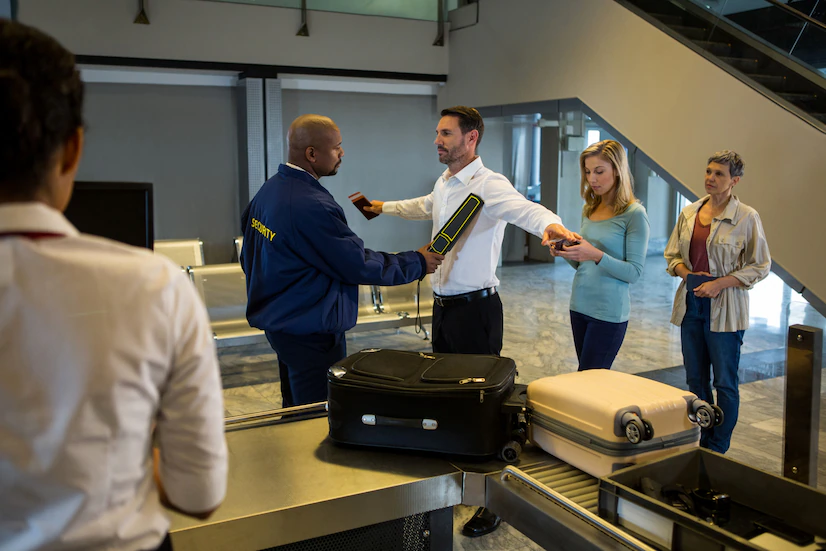
Online – Security Officer Level ll Training Course
LIMITED TIME OFFER
Join the Security Industry Today!
What's Included:
- Online Training Course
- Security Level II Exam
- DPS Approved Certificate
A person who completes this non-commissioned level II training course will receive a certificate to qualify for unarmed security positions, including security guard and personal security agent.
- PREREQUISITE There are no prerequisites for this course.
There is no time limit, this course can be taken at your leisure. The student must pass the course exam with 75% or better to receive a certificate. Pursuant to TAC 35.141 the Level II Training Course and test is required of all* non-commissioned security officers, commissioned security officers and personal protection officers. This training course must either be administered by a licensed guard company and taught by a representative or employee of the company.
Texas Security License Process: Frequently Asked Questions
Q1: How do I get started with the security license process?
A: Begin by enrolling in a certified Level II or Level III training course through Strategic Protection Solutions. These courses are available both online and in-person, depending on your preference and course availability.
Q2: What is the difference between Level II, III, and IV training?
A:
- Level II: Basic non-commissioned security officer training (unarmed).
- Level III: Commissioned security officer training (armed).
- Level IV: Personal Protection Officer (PPO) training (for bodyguards).
Each level builds upon the previous and requires successful completion of the prior level before advancing.
Q3: What are the requirements to take the course?
A: You must:
- Be at least 18 years old.
- Be a legal U.S. resident or eligible to work in the U.S.
- Have a valid government-issued ID.
- Not have any disqualifying criminal convictions (background checks will be conducted).
- Be mentally competent.
Q4: Do I need a high school diploma or GED?
A: No, the DPS PSB does not require a diploma or GED for licensing, but some employers may prefer it.
Q5: What happens after I complete the training course?
A: After successfully completing the course:
- You will receive a certificate of completion.
- You must then submit a license application through the TOPS (Texas Online Private Security) or your state’s equivalent portal.
- You'll pay the licensing fee and schedule a fingerprinting appointment.
Q6: How do I submit fingerprints?
A: Fingerprints must be submitted via IdentoGO using the service code provided in the TOPS application process. This is required for your background check.
Q7: How long does the licensing process take after I apply?
A: Typically, the DPS will process your application within 2–4 weeks, but this may vary depending on background check results.
Q8: Can I work while my license is being processed?
A: You cannot work as a security officer until you receive your license from your State’s DPS unless your employer provides you with a Letter of Conditional Employment and follows strict guidelines.
Q9: Will I receive a physical license card?
A: Yes, once approved, DPS will issue your license, which includes your security officer card with your license number and expiration date.
Q10: How long is my security license valid?
A: Most licenses are valid for 2 years. You will need to renew before it expires by completing any required continuing education and reapplying through TOPS.
Q11: What if I want to carry a firearm?
A: You must complete Level III Commissioned Officer Training and qualify with a firearm. You’ll also need to pass a shooting proficiency test and meet additional licensing requirements.
Q12: Who can I contact if I have issues during the process?
A: You can reach out to Strategic Protection Solutions support staff for help, or contact DPS PSB directly at 512-424-7293 or through the TOPS (Your state’s security service) website.
Course Content
About Instructor
spscourse
Service-based company that enables individuals to learn and experience uniqueness within the industry of Security.
12 Courses


